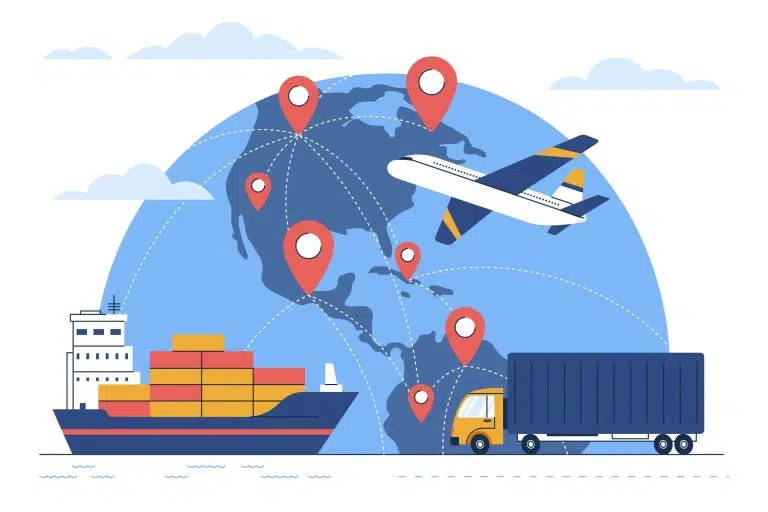What Distinguishes an IOR from an EOR?
While covering the same ground as the IOR, an exporter of record (EOR) only pertains to exports, not imports. The exporter of record controls every stage of the export process from the nation the product is leaving. A person or business that is permitted by government and customs officials to export products to another nation is known as an exporter. The party exporting the products is not necessarily the one selling them; sometimes, it’s a third party.
Expensive Items
A local company or registered organization must serve as the importer of record for customs for each high-value import. For instance, obtaining high-value technological items from the United States is often faster and less expensive than dealing with global technology wholesalers. Using an IOR service provider such as One Union Solutions, you can minimize the risks and expenses related to high-value commodities and import into hundreds of countries globally via a single point of contact.
Why Is an IOR Number Required?
Why is an IOR number required for importers? And what advantages can one provide them? Let’s examine this.
Observance of Customs Laws
Securing a legitimate IOR number shows that businesses are committed to following the particular import guidelines established by US customs officials. This not only lessens the possibility of fines and delays but also helps establish a good reputation with customs officers, which will make imports easier in the future.
Effective Procedure for Customs Clearance
The amount of time spent on customs processing may be decreased by effectively managing the required paperwork and documents with a designated IOR. Faster cargo discharge makes it possible for companies to maintain seamless supply chains and fulfill deadlines. Additionally, because fewer delays mean lower demurrage and storage costs, a more efficient customs clearance procedure might save money.


